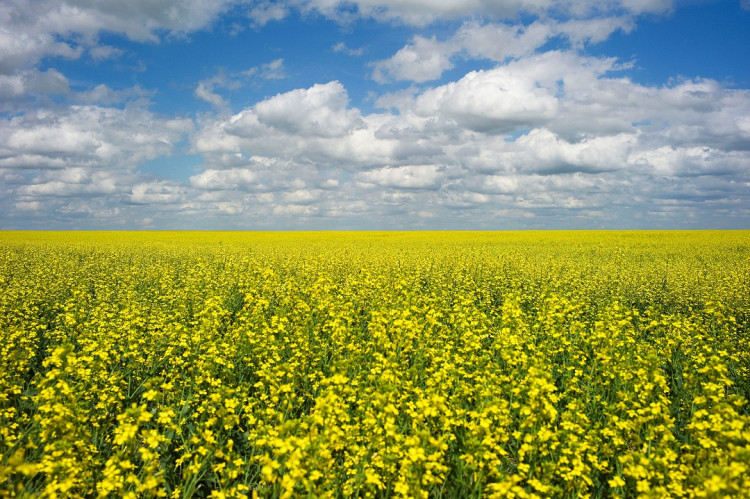Chinese customs officials have now blocked canola imports coming from Canada over concerns of possible insect infestation. According to local media reports, the agricultural product has been barred from entering the country, further escalating tensions between both nations. The most recent incident comes at the heels of Canada's recent arrest of a Chinese executive. The move has been seen by some analysts as China's way of gaining leverage over Canada.
China is still currently negotiating with Canada over its recent arrest of Meng Wanzhou, the CFO and daughter of Huawei's founder Ren Zhengfei. Despite various pleas from the Chinese government, Canada still plans to push through with its extradition hearing. Meng was reportedly arrested at the behest of the United States government over allegations of fraud and for making deals with the Iranian government.
Despite being perceived as a strategic move against Canada, Chinese customs have defended their actions by stating that they did have valid reasons for blocking the shipments. According to foreign ministry spokesman Lu Kang, the suspension is in accordance with the country's regulations and international conduct. Officials reportedly found "harmful organisms" within the shipments, which had led to their decision to bar them from entering the country to protect the safety and health of its people.
It was further explained that the action was well-founded as they had found pests on previous canola imports from Canada. Confirming the suspension, Canada's largest grain processor, Richardson International, released a statement saying that their permit to export their product to the country had indeed been revoked.
The country's own Agricultural Ministry has also confirmed that they are now launching an investigation after China submitted a non-compliance notice for the country's canola exports. So far, the investigation has yet to uncover any evidence of pest or bacterial infestations within the products. The ministry also added that they are currently treating the problem as a "scientific issue" and will not be involving any diplomatic and political factors in the matter. The ministry has so far requested the Chinese government to provide it with evidence to prove the alleged contamination. It has also insisted that all canola exports coming out of the country are of very high grade and have been certified to be clean.
Canada currently exports more than 40 percent of the canola it produces to China. The revocation of the country's permit to export to China will have dire consequences on the entire canola industry, including other industries that are involved in its production. The Canadian Foreign Affairs Ministry announced that it is currently in negotiations with the Chinese government to immediately resolve the issue.






